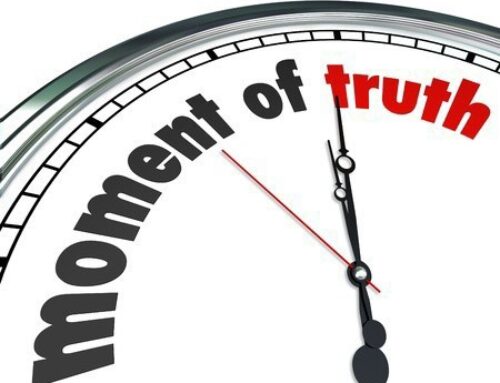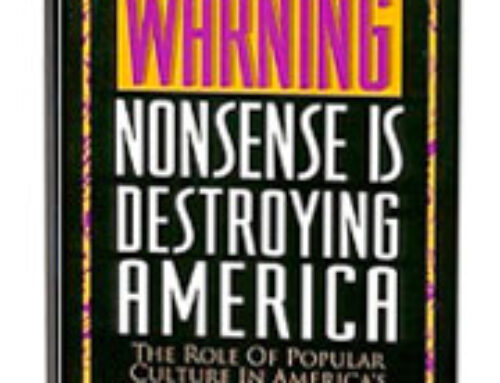
I’ve seen tens of thousands of non-Irish people running about on St. Paddy’s day wearing shamrocks, stuffing themselves with corned beef and cabbage, swilling green beer, and even affecting a brogue. All the while I thought they were paying the Irish a compliment. I never realized for a moment that they were attempting to rob me of the Irish half of my heritage.
The same applies to my Italian half. Many Poles, Swedes, Brazilians, Germans, and other non-Italians gorge themselves with pizza, lasagna, and spaghetti Bolognese, wash it down with a glass of Chianti, and top the feast off with gelato. By the current measure, that makes them greater cultural appropriators than Trump with his lone taco.
An even worse case of cultural appropriation, from this perspective, occurs daily in Clearwater, FL, a neighboring city to mine. The villains in this case are not the customers but the owners of a pizza parlor who are . . . gasp! . . . GREEK. (I suppose I could organize a boycott of the place; the problem is they make better pizza than all their Italian competitors.)
Cultural appropriation is not the only new term I’ve encountered lately. Another even stranger one is “micro-aggression.” Back in the 1940s when I was growing up, that term was unknown. If a kid punched someone in the nose, we’d say he hit him. The only people who’d think of calling the punch “an act of aggression” would be those who aspired to be lawyers or politicians.
Of course, we understood instinctively that punching someone in the nose or, for that matter, kicking him in the shins or hitting him with a baseball bat constituted an assault. We knew this because the action was perceivable at the time and the consequential bumps or lumps remained visible later. Yet we never imagined there could be form of aggression invisible to the naked eye—a microscopic aggression.
Today, in this more enlightened age, people are not only aware of micro-aggression. Many of them are enraged over it.
Columbia professor Derald Sue originally defined the term as “brief and commonplace daily verbal, behavioral, or environmental indignities, whether intentional or unintentional, that communicate hostile, derogatory, or negative racial slights and insults toward people of color.”
The scope of the concept has since been extended beyond racial matters. Liberal college students have claimed to be the victims of micro-aggression when conservative speakers are invited to speak on their campuses. In some cases, the offense gets even micro-er, as when liberal students complain that conservative students are simply present in their classes!
Recently, the number of protesters swelled when the name “Trump” was found chalked on campus sidewalks or benches. Many students “got the vapors,” as our grandparents would have said, at that offense. That level of hypersensitivity recalls the scene in Taxi Driver when a disturbed Robert De Niro practiced saying “You talkin’ to me?” in front of his mirror.
I’m glad my eight children were fully grown before the term “micro-aggression” entered our lexicon. The only term they knew with “micro” in it was “microbus,” the name of the boxy 1964 Volkswagen they squeezed into whenever we went somewhere as a family.
However, their ignorance of the modern term didn’t prevent them from recognizing and objecting to barely perceptible or even completely imaginary offenses. We’d be driving along relatively peacefully when one of them would shout, “Dad, he’s LOOKING at me. There, he did it again. I can’t stand it.”
Imagined or not, the offense evidently seemed all too real to the speaker, so much so that I found myself in the ridiculous position of having to tell the offender, “Stop looking at your brother.”
Later, when I got the aggrieved child aside, I would usually offer a little thoughtful parental advice that went something like this: “When you are so overly sensitive that you fly into a rage over things no rational person would even notice, let alone find offensive, you are in serious danger of being considered loony. That is a danger worth avoiding.”
Come to think of it, that is exactly the advice I would offer to those who worry about “cultural appropriation” and “micro-aggression.”
Copyright © by Vincent Ryan Ruggiero. All rights reserved

